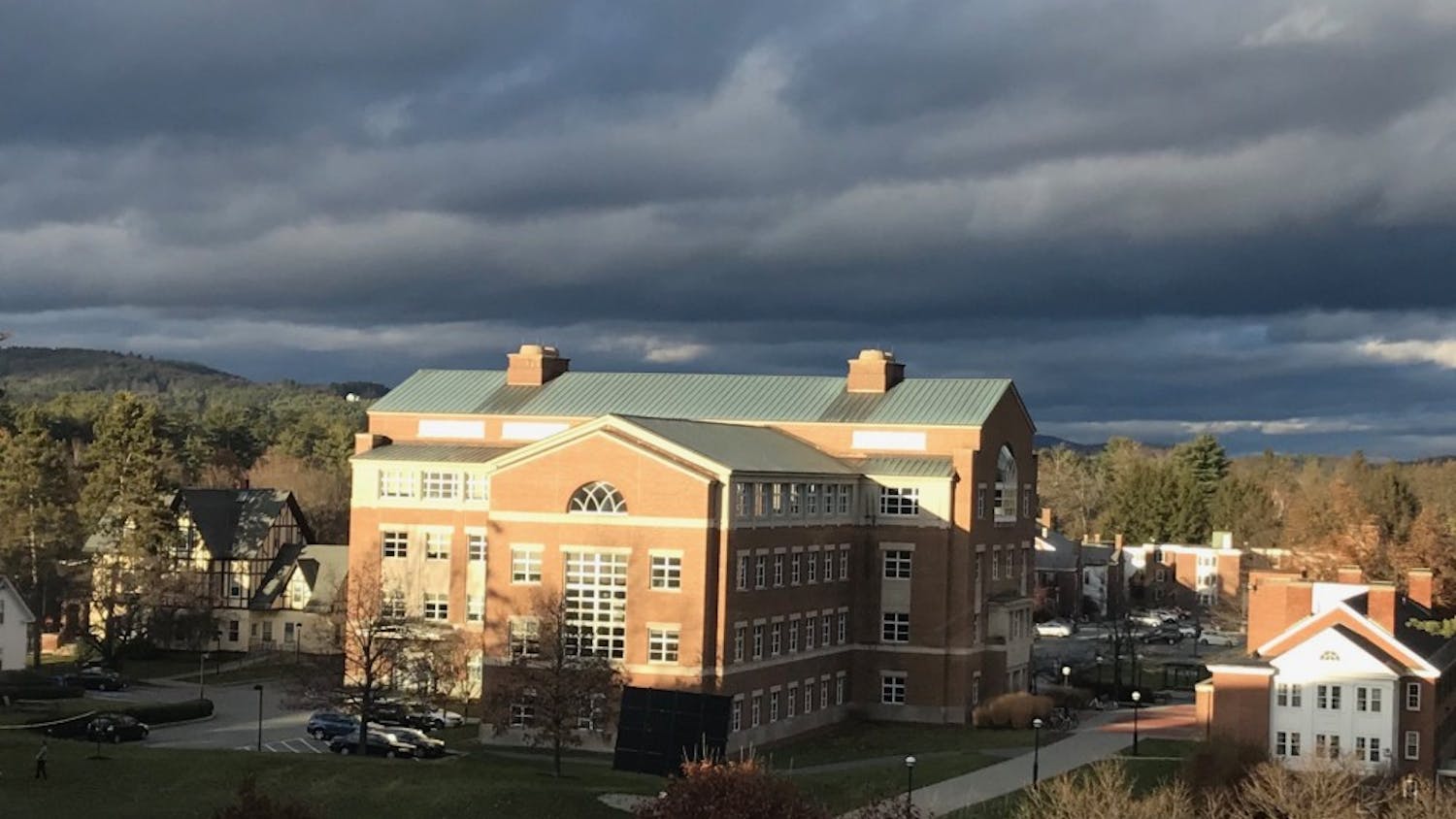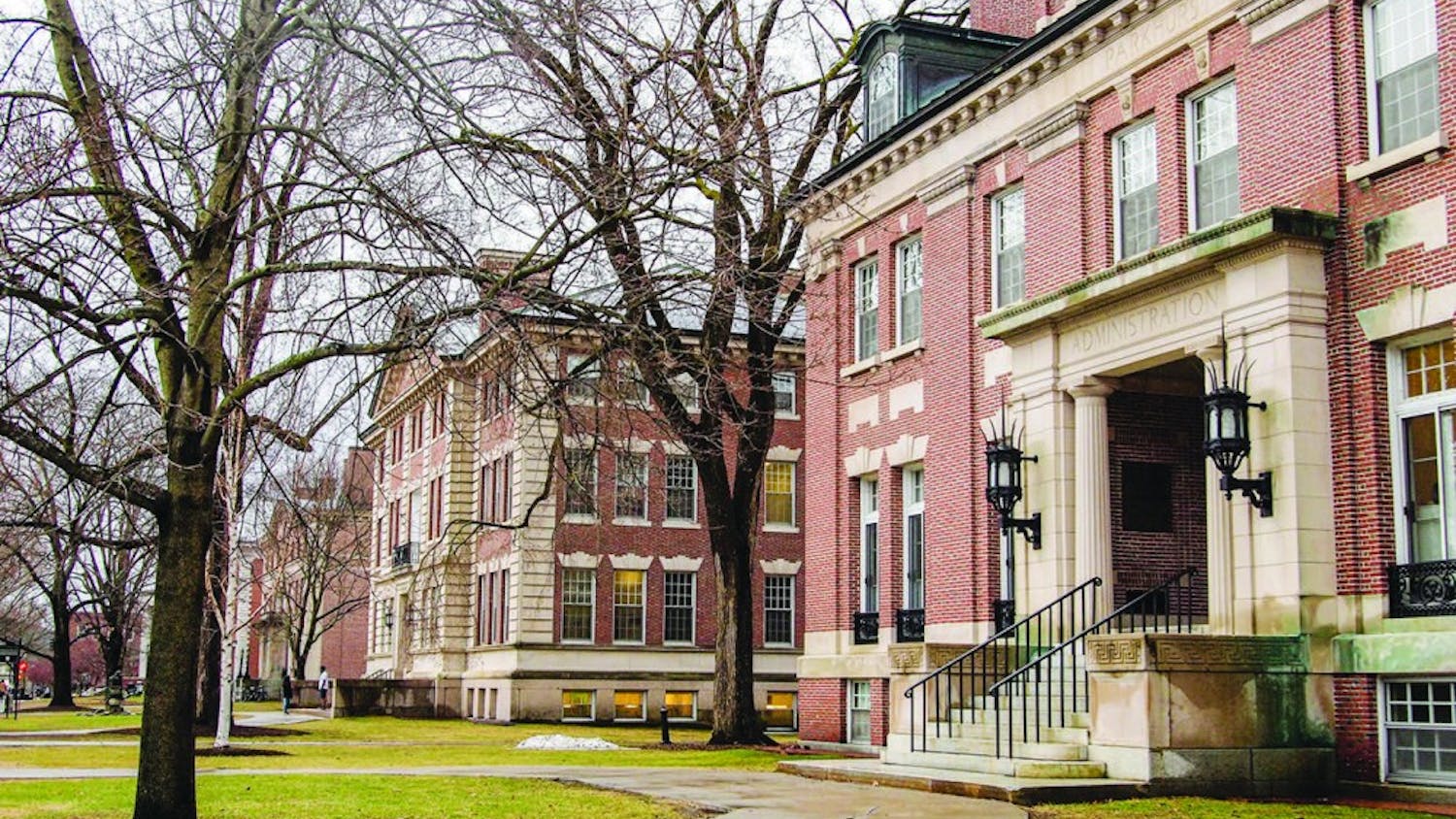Updated: May 14, 2019 at 4:53 p.m.
The College filed a motion in federal court on Tuesday challenging the granting of anonymity to three of the nine plaintiffs in an ongoing $70 million class action lawsuit alleging that College officials were, for over 16 years, aware of and failed to act on allegations of sexual harassment and assault against three former psychological and brain sciences professors.
In the filing, the College argues that anonymity would “prejudice” its ability to defend itself in the case, increase its burden in conducting the litigation and create “unworkable” challenges to all parties in assessing whether the anonymous individuals should be admitted as class representatives in the case.
The filing comes in response to a recent development in the lawsuit, Rapuano et. al. v. Trustees of Dartmouth College, which was first brought by several former Dartmouth students in November in the U.S. District Court of New Hampshire
On May 1, two additional former students, under the pseudonyms “Jane Doe 2” and “Jane Doe 3,” were added on as plaintiffs to the suit, bringing forth new allegations of sexual misconduct against former PBS professors Todd Heatherton, William Kelley and Paul Whalen — all three of whom left Dartmouth after the completion of a College investigation last summer.
In the filing, the College asserts that while it did not initially oppose the granting of anonymity to one of the original plaintiffs — “Jane Doe” in the lawsuit — it reserved the right to later object to the use of pseudonyms in the case if it interfered with the College’s defense. The filing asks for the court to deny the anonymous plaintiffs’ ability to use pseudonyms in the case.
“The anonymity would prejudice Dartmouth’s ability to defend itself in this case, unfairly increase the burden to the parties and the Court of conducting this litigation, and present unworkable challenges to Dartmouth, to putative class members, and to the Court, in performing a proper assessment of whether these individuals can act as class representatives as they have requested,” the statement asserts.
The College also argues that despite the anonymity of one of the original plaintiffs, the other plaintiffs have sought “significant publicity” through TV and newspaper interviews and social media engagement related to the case.
“Indeed, the very public nature of what a class representative is supposed to do — represent and stand in the place of other plaintiffs — is at odds with the request to remain anonymous,” the response alleged.
In an email statement to The Dartmouth, College spokesperson Diana Lawrence said that Dartmouth is not defending the three former professors but rather the College itself.
"Allowing the new plaintiffs to proceed under pseudonyms limits Dartmouth’s ability to defend itself," Lawrence wrote. "It hinders Dartmouth’s investigation of the claims and prevents proper evaluation of whether the new plaintiffs can serve as representatives of a class."
Lawrence added that the College is considering mediation in response to the claims made in the lawsuit.
"We remain actively open to a fair resolution of all plaintiffs’ claims through an alternative to the court process and are exploring mediation," Lawrence wrote.
Attorneys for the plaintiffs and the College could not be reached for comment as of press time.
This article will be updated as more information becomes available.




